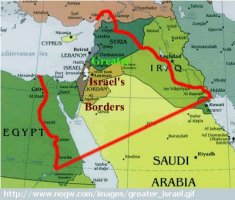Jos
Rookie
- Feb 6, 2010
- 7,412
- 757
- 0
- Banned
- #1
Newly released maps indicate Civil Administration secretly setting aside additional land for Jewish settlements, presumably with the intention of expanding them.
 The yellow in this map of the West Bank shows the areas earmarked for settlement expansion. The green line is the border. The purple shows the West Bank security fence.
The yellow in this map of the West Bank shows the areas earmarked for settlement expansion. The green line is the border. The purple shows the West Bank security fence.
Israel Defense Ministry plan earmarks 10 percent of West Bank for settlement expansion - Haaretz Daily Newspaper | Israel News
The maps name numerous communities that do not exist!
For years Israel’s Civil Administration has been covertly locating and mapping available land in the West Bank and naming the parcels after existing Jewish settlements, presumably with an eye toward expanding these communities.
The Civil Administration, part of the Defense Ministry, released its maps only in response to a request from anti-settlement activist Dror Etkes under the Freedom of Information Law In some places the boundaries of the parcels outlined in the maps coincide with the route of the West Bank separation barrier.

Israel Defense Ministry plan earmarks 10 percent of West Bank for settlement expansion - Haaretz Daily Newspaper | Israel News
The maps name numerous communities that do not exist!





